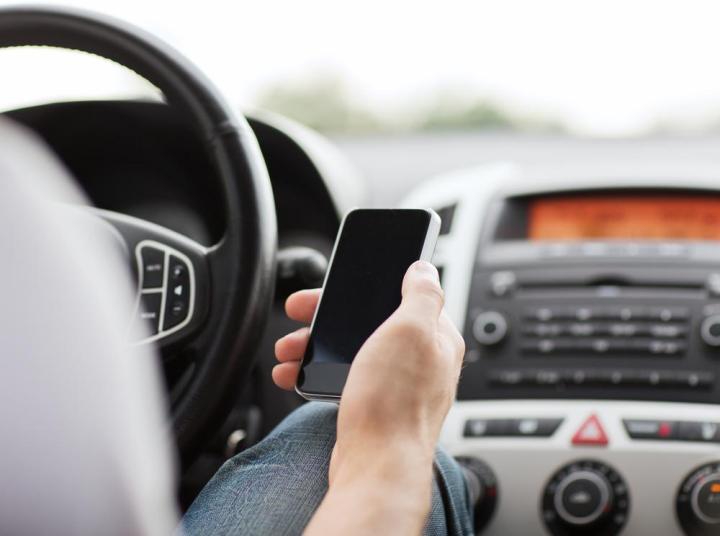
Updated on 05-01-2014 by Williams Pelegrin: Added MetroPCS complaint and how the emissions were found.
Florida resident Jason Humphreys may have thought he was doing a good deed by using a cell phone jammer in his vehicle to prevent other drivers using their handsets behind the wheel, but the Federal Communications Commission (FCC) certainly doesn’t see it that way.
In an FCC document released Tuesday, the government agency revealed it’s hit Humphreys with a sizable $48,000 fine for the apparent use of a cell phone jammer. According to the document, Humphreys used the device on his daily commute for up to two years along a section of Interstate 4 between Seffner and Tampa, causing disruption to not only regular drivers using handsets but also to police and other emergency response teams.
“Due to the nature and extended duration of Mr. Humphreys’ violations, we take an aggressive approach and propose the per violation statutory maximum of $16,000 for each of the offenses – unauthorized operation, use of an illegal device, and causing intentional interference,” the FCC said in the document.
The interference caught the eye of MetroPCS, which then reported the issue last April. According to the company, its cell phone tower sites were experiencing interference during morning and evening commutes. As a result, FCC agents were able to find the source of the strong wideband emissions, Humphreys’ blue Toyota Highlander, using direction finding techniques.
When stopped by cops last year, Humphreys reportedly said he’d been using a jammer to stop other vehicle owners from using their handset while behind the wheel, despite there currently being no law in Florida against talking on a cell phone while driving, though texting is prohibited.
The agency described the use of jammers as “generally unlawful,” adding that the device “can endanger life and property by preventing individuals from making 911 or other emergency calls or disrupting communications essential to aviation and marine safety.” In the US, jammers are banned for private use, though federal officials are permitted to use them in some cases.
The FCC also recently issued a fine of $29,000 to a company in Texas, which had reportedly installed a jammer to prevent its employees from using their handsets at work, while last year a New Jersey truck driver was ordered to pay a similarly hefty $32,000 for an offense involving the device. As for Humphreys, he has 30 days to either pay the $48,000 or file a written response requesting a reduction or cancellation of the fine.
What do you say? Whack those caught using jammers with big fines, or allow for their use in special circumstances?
[Via The Register] [Image: Syda Productions / Shutterstock]


